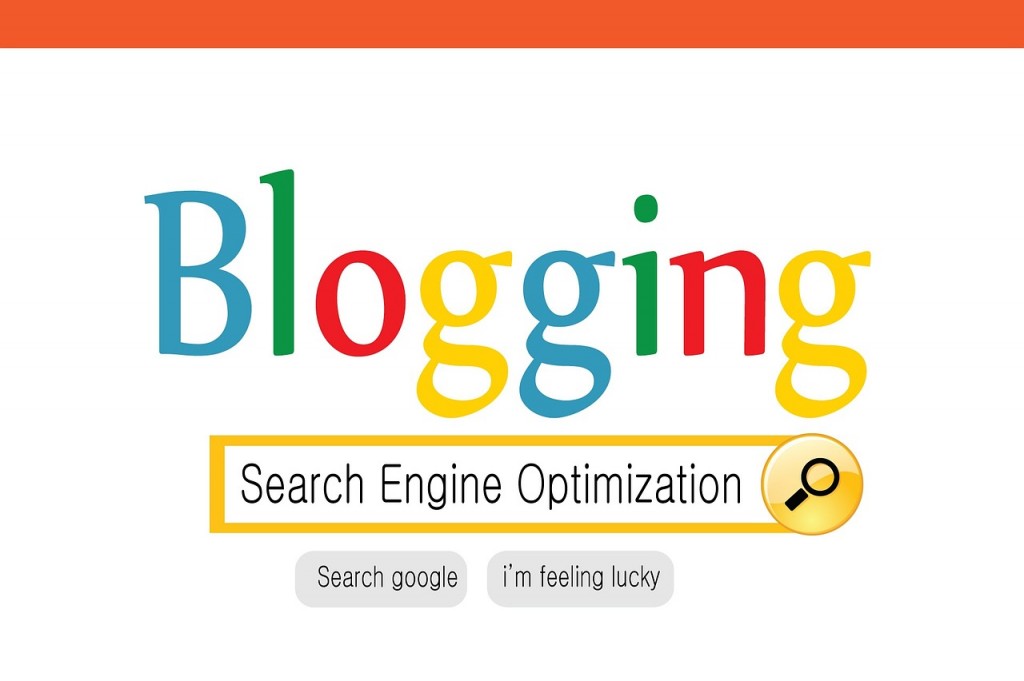Do you create blogs as part of your marketing strategy? Do you know how much your bookings could soar if you start blogging?
Blogging drives more website traffic than both social media and search engine optimisation. In fact, leads gained through inbound marketing cost 60 per cent less than those gained from outbound methods. Inbound marketing involves getting your customers to really want to come to you. This could be for advice or inspiration, but ultimately it’s to buy from you.
As such, blogging is now one of the top inbound marketing techniques used – which means that it’s extremely competitive. In fact, a massive two million blog posts are written every single day. Crazy huh? The hotel industry, unfortunately, has some fairly big competition out there. Not only are there the thousands of other hotels, but you also want to grab attention among food blogs, travel blogs, design blogs and any other hospitality blogs – especially niche ones. So, now it comes down to content. With so much competition you want to be sure to really stand out from the crowd. You need to make sure that you’re writing quality content which is published in an eye-catching way – and you need to be doing this regularly.
If you use your blog in the best way then you can build a strong and engaged base – which could really drive up your bookings. When you think of a blog, you may well be thinking of short, snappy pieces of content. This is often the case, but research shows that longer posts of 2,000 to 3,000 words can actually yield much better results. Moz discovered that the number of backlinks a blog post attracts is directly proportional to the length of the post.
Another study by SerpIQ found that posts that appear in the top 10 search results are over 2,000 words long on average and those present in the top 4 are around 2,500 words. This alone is proof that people are looking for those longer posts. In addition, posts that are between 3,000 and 10,000 words get shared the most, receiving an average of 8.859 shares according to Buzzsumo.
However, keep in mind that your content needs to stay relevant. If you write 3,000 words of utter rubbish then it certainly won’t be beneficial. In fact, at that point it’s just a waste of time and money. You need to think about how you’re going to grab the attention of a potential customer and convince them to read your blog article. This lies with the headline and the imagery that you use.
First of all – the headline. It need’s to be short and snappy, but it needs to remain relevant. You want people to know what they will learn from your blog post and you need to do this in the most eye-catching way possible. You don’t just need to illustrate this within the headline though. You should include at least one image alongside each blog to compliment it. The study by Buzzsumo also found that posts that contain at least one image get shared more on Facebook and Twitter than those that don’t. Also, images make it much easier for your content to be shared on image-led platforms such as Pinterest and Instagram.

Hotel blogs are especially suited to Pinterest because topics like weddings, food and travel are very popular on the platform. Don’t limit yourself to just one image though, especially if you’re creating a longer blog post. Images are a useful tool to break up the content and add to its value. When it comes to choosing your image, please, please don’t just go straight to stock photography. Of course, at times it can be useful – but just think how many other people have used it too. If someone sees the same image on multiple different blog posts then they’re likely to not read any of them. Custom images are much more powerful, allowing you to create the perfect imagery for your post, while also making you unique and stand out from the crowd. And just think, you can include stats and small pieces of information too. You have much more freedom to really make your blog better than your competitors.
Finally, you need to make sure that you have a call to action in your blog. You might be creating absolutely amazing and engaging content, but without prompting people to then book with you they can just take their new found information and go to your competitors to book. Don’t make your blog post all about selling. The post itself should be used to inform and educate the customer, but make sure that your call to action is clear and concise.
Blogging is an extremely low-cost tool that could see substantial increases to your bookings. So what are you waiting for? Get researching and then get writing – it could be the best marketing decision you’ve ever made.







